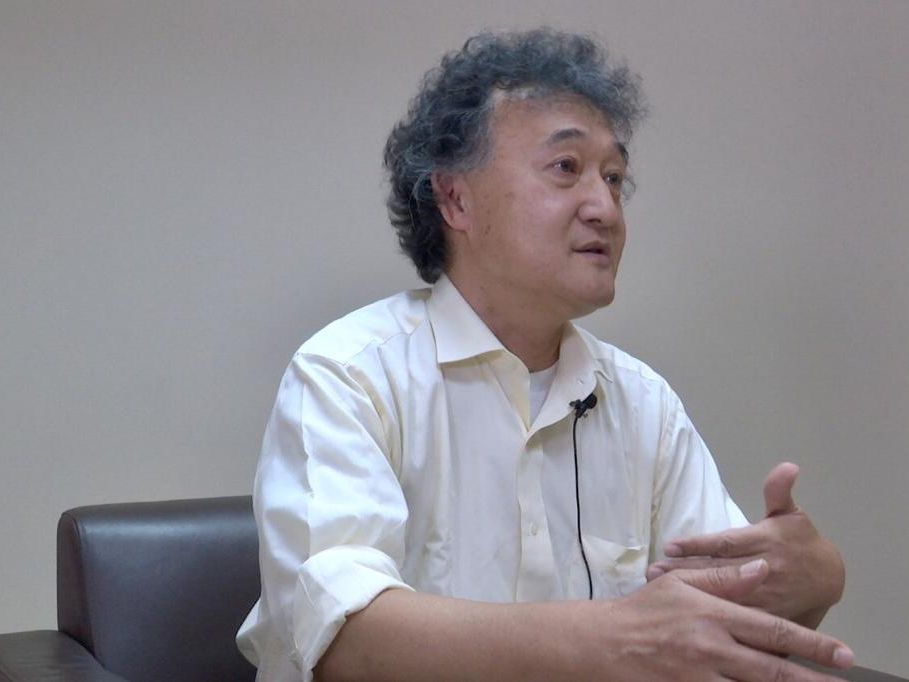
Yosuke Hirayama is a professor of housing and urban studies at the Graduate School of Human Development and Environment at Kobe University, specializing in housing and urban change, home ownership, social inequality, and comparative housing policy. Professor Hirayama spoke at the 2018 BXAI Summer Program’s “Urban-Rural Integration” topic learning stream, where he examined the challenges brought by urban-rural integration today in China and other East Asian countries.
Reflecting back on the journey of his career, Professor Hirayama recalls his early passion for studying architecture in university. However, having been brought up in a modest neighborhood in Osaka, where he lived in a small home and encountered various issues in terms of infrastructure and urban planning, Professor Hirayama decided to shift his focus from architecture to housing and urban studies as he wanted to tackle housing issues that affect the masses. “Students in the department of architecture usually want to become ‘cool architects’. They want to build museums or cultural centers,” he says. “But I was more interested in dealing with housing issues and ‘architecture for ordinary people’, and this is why I decided to pursue housing and urban studies instead.”
While Professor Hirayama has remained in the housing and urban studies field for the past three decades, he highlights one defining moment in his career, which led him into a 10-year stint in post-disaster reconstruction. This was the devastating Kobe earthquake, which occurred in 1995 and left widespread death and destruction. As an alumnus of and researcher at Kobe University, Professor Hirayama felt compelled to participate in recovery and reconstruction efforts, despite not having much background knowledge in the area. This experience reshaped his perspective on his life and career and today, he advises young people to remain open to what the future may hold for their careers. “It is important for students to pursue their passions, but they should understand that they may encounter unexpected circumstances along the way. And while things may not happen according to their initial plan, they should not be discouraged or fearful but take it as an opportunity to explore something new.”
